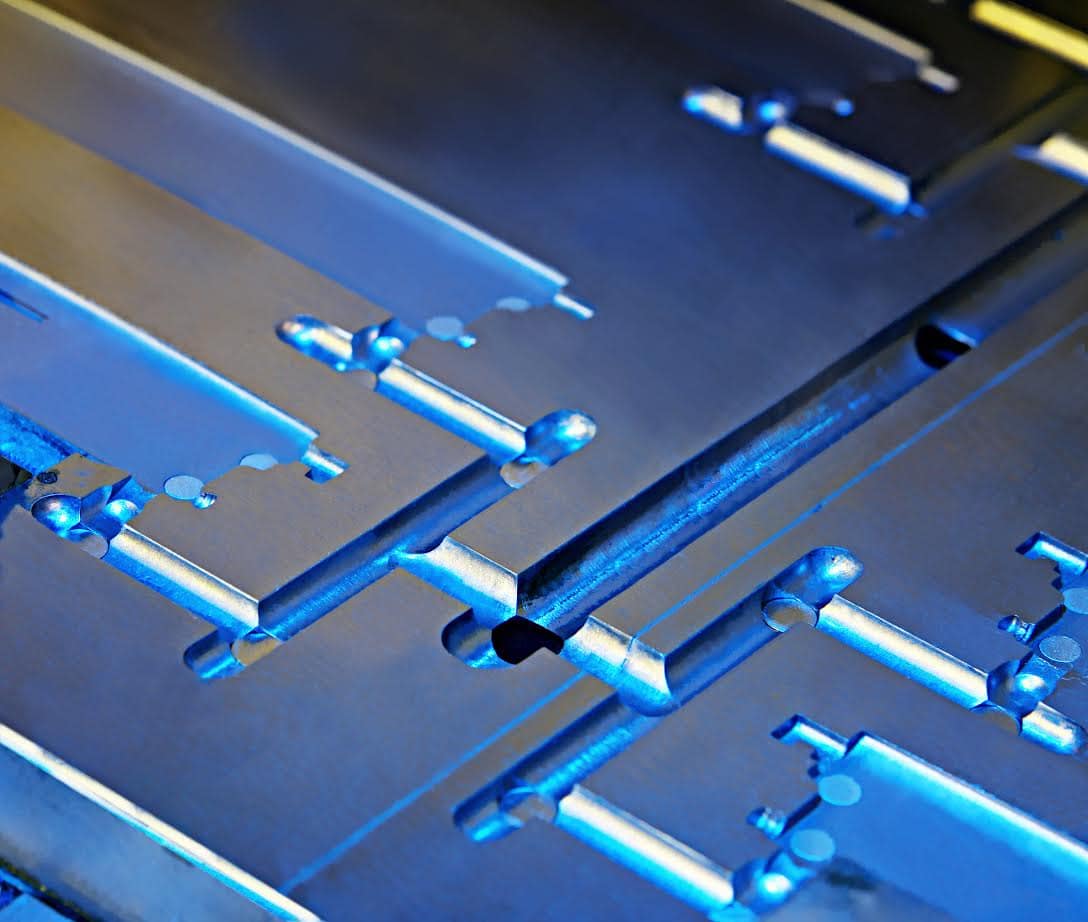Tailored injection forming is a production method that serves a crucial role in the fabrication of multiple plastic components and goods. This methodology involves the use of a specially engineered mold where heated polymer material is poured under stress. As the material cools, it solidifies into the shape of the mold, allowing for the creation of complex forms that would be difficult or costly to achieve through other manufacturing techniques.
One of the key advantages of custom injection forming is its capability to manufacture high quantities of identical parts with precision and consistency. This makes it an ideal choice for sectors spanning from vehicle to consumer goods. Understanding the fundamentals of tailored injection forming not only helps manufacturers optimize their production processes but also allows businesses to create customized solutions that meet specific needs and requirements. If you are aiming to produce samples or mass products, tailored injection molding provides adaptability and efficiency that can significantly enhance your processes.
What does Personalized Molding Technique?
Personalized injection molding represents a production process utilized to produce components by injecting liquid material into a custom mold. The technique allows for the creation of complex designs and shapes that would be hard or impossible to produce with alternative manufacturing methods. Mainly used for producing plastic parts, personalized injection molding can accommodate a wide variety of materials, including various thermoplastics and thermosetting plastics.
The process begins with the production of a casting, which is commonly made from steel or aluminum. This mold is engineered to the exact specifications of the desired part, ensuring precision and uniformity. Once the mold is ready, plastic pellets are warmed until they liquefy and are subsequently injected into the mold cavity. After the material solidifies and solidifies, the mold is removed, and the finished part is ejected. This method allows for high production rates and can be economical for large volume runs.
One of the significant advantages of custom injection molding is its ability to produce intricate geometries with a high degree of accuracy. Additionally, the process offers versatility in terms of material selection and color options. Companies can utilize tailored injection molding to manufacture tailored solutions that meet particular industry standards, making it a favored choice for industries ranging from automotive to consumer goods.
Benefits of Custom Injection Molding
Tailored injection-molding provides an range of benefits that make it a popular method of production for various sectors. One of the primary advantages is the capability to create intricate geometries with great precision. This technique enables for complicated patterns that may be difficult or unfeasible to realize through different manufacturing methods. With cutting-edge mold designs and machinery, manufacturers can create elements that closely conform to the standards provided, which leads to better compatibility and function.
Another notable benefit is the efficiency of the custom injection molding process. Once the forms are produced, producing large quantities of parts becomes a smooth and budget-friendly task. This effectiveness not only enables for quick manufacturing but also reduces the overall per-unit cost as quantities increase. Additionally, the automation involved in this procedure lowers labor costs and enhances uniformity in the standard of the finished products.
Additionally, custom injection molding allows for a wide range of materials, including polymer materials and composite materials, which can be tailored to meet specific performance criteria. This versatility facilitates companies to select materials that most match their applications, whether they need enhanced strength, durability, or aesthetic qualities. As a result, businesses can create novel products that meet market demands while also streamlining their production procedures.

Applications of Custom Injection Molding
Personalized injection molding is broadly applied across various industries due to its versatility and effectiveness. A of the most significant notable applications is in the auto sector, where companies rely on this method to create a variety of components, such as control panels, enclosures, and other complex parts. The ability to manufacture complex shapes and geometries with precision makes custom injection molding crucial for achieving both functionality and visual appeal in automotive design.
A further major application is found in retail items. Goods like packaging, kitchenware, and toys often depend on custom injection molding for their manufacturing. The method allows businesses to satisfy specific design specifications while maintaining affordability in mass production. Additionally, the broad selection of substances available for injection molding allows manufacturers to choose the best options for longevity and performance based on the intended use of the item.
Clinical devices and equipment are also significant users of custom injection molding . The capacity to create accurate, contaminant-free, and premium medical elements is critical in this sector. Custom injection molding allows for the development of intricate shapes needed for devices such as injectors, surgical instruments, and various diagnostic tools. This method not only ensures adherence with stringent regulatory standards but also supports innovation in the development of new medical technologies.
